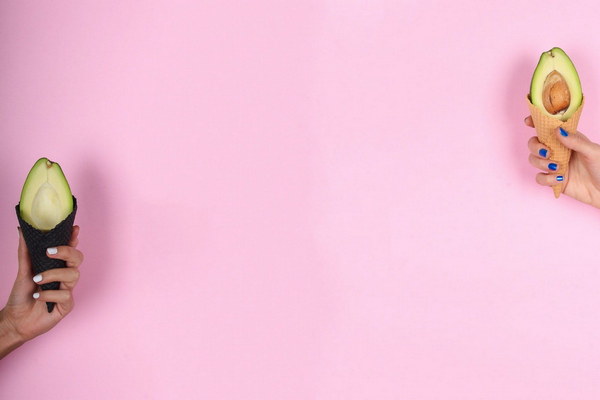Navigating the Dilemma Headaches After Taking Kidney-Nourishing Chinese Herbs
In the realm of traditional Chinese medicine, kidney-nourishing herbs have long been revered for their restorative properties. These natural remedies are believed to replenish and strengthen the kidneys, thereby enhancing overall well-being and vitality. However, some individuals may experience unexpected side effects, such as headaches, after ingesting these herbs. This article delves into the reasons behind this phenomenon, explores possible causes, and offers guidance on managing and preventing such headaches.
Kidney-nourishing herbs, also known as Shen Nong Ben Cao Jing in Chinese, are a diverse group of plants with various healing properties. They are commonly used to treat kidney-related issues, such as weakness, fatigue, and kidney failure. However, as with any herbal remedy, it is essential to understand that individual responses can vary, and not everyone will experience the same benefits or side effects.
One of the most common side effects reported by users of kidney-nourishing herbs is headaches. This may be due to several factors:
1. Herbs with stimulating properties: Some kidney-nourishing herbs contain substances that can stimulate the nervous system, leading to headaches. These stimulants may increase blood pressure or cause blood vessels to constrict, resulting in a headache.
2. Allergic reactions: In rare cases, individuals may have an allergic reaction to certain herbs, which can manifest as a headache.
3. Detoxification: Herbs can help to detoxify the body, which may result in headaches as the body releases toxins. This process is often temporary and subsides as the body adjusts to the herbs.
4. Interaction with other medications: It is crucial to consult a healthcare professional before combining kidney-nourishing herbs with other medications, as potential interactions may occur and lead to headaches or other adverse effects.
To manage and prevent headaches caused by kidney-nourishing herbs, consider the following tips:
1. Consult a healthcare professional: Before starting any new herbal treatment, it is essential to consult a healthcare professional, such as a licensed acupuncturist or naturopathic doctor, to ensure that the herbs are appropriate for your specific needs and to discuss potential side effects.

2. Monitor your dosage: Follow the recommended dosage provided by your healthcare professional or the product label. Adjusting the dosage may help alleviate headaches.
3. Stay hydrated: Drinking plenty of water can help to prevent headaches and support the body's detoxification process.
4. Adjust your diet: Some individuals may find that avoiding certain foods, such as those high in caffeine or processed sugars, can help alleviate headaches.
5. Maintain a regular sleep schedule: Adequate sleep is crucial for overall health and can help prevent headaches.
6. Practice stress-reducing techniques: Techniques such as meditation, yoga, or deep breathing exercises can help manage stress and reduce the frequency of headaches.
7. Keep a headache diary: Tracking the frequency, duration, and intensity of your headaches, as well as any potential triggers, can help you and your healthcare professional identify patterns and develop a personalized treatment plan.
In conclusion, while kidney-nourishing herbs can offer numerous health benefits, headaches can be a common side effect. By understanding the potential causes of these headaches and taking appropriate measures to manage and prevent them, you can safely enjoy the restorative properties of these traditional remedies. Always consult a healthcare professional before starting any new herbal treatment, and be vigilant about any adverse effects you may experience.









